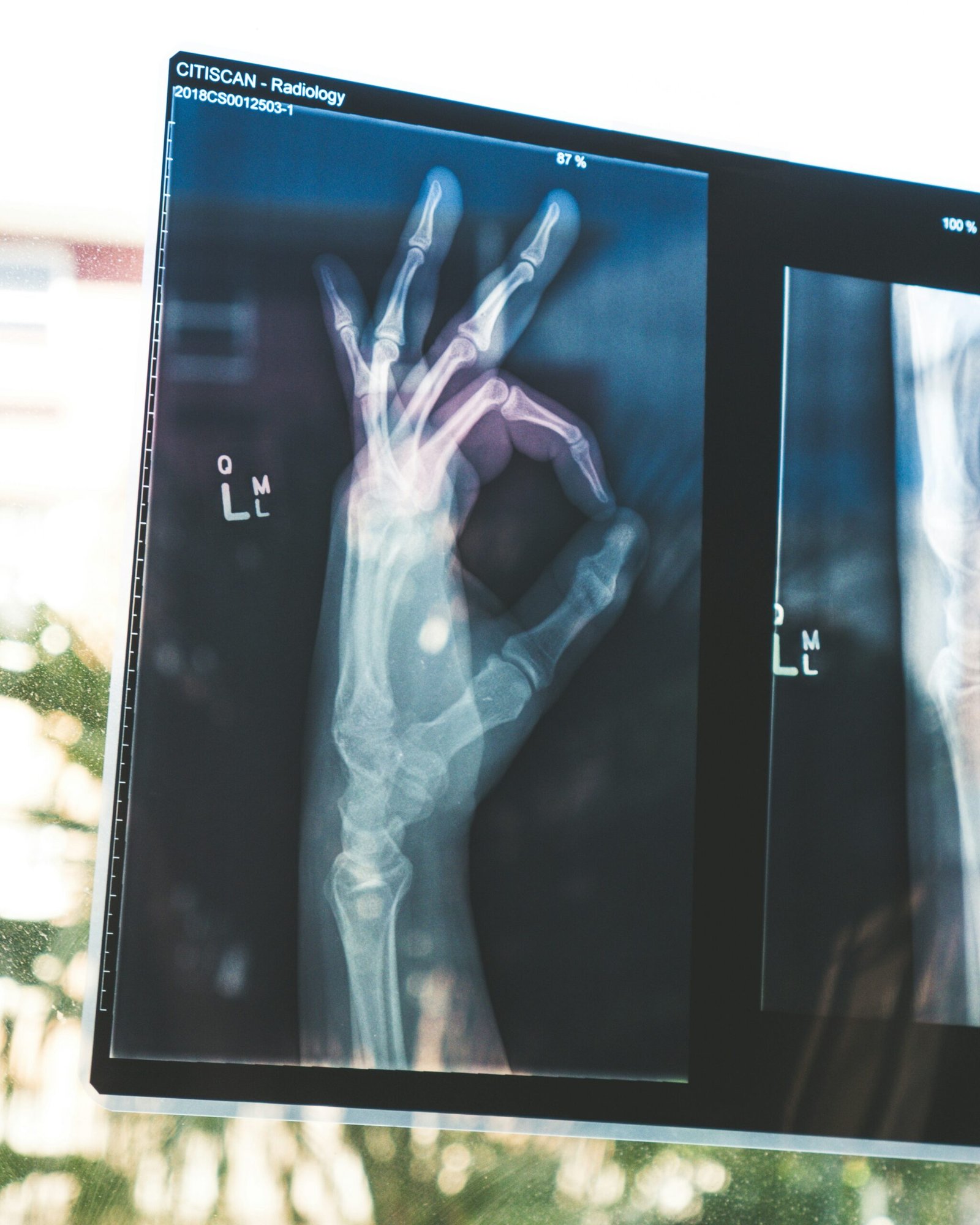In recent years, advancements in technology have transformed the field of medicine, revolutionizing medical diagnostics, treatment, and patient care. These innovations have not only improved the accuracy and efficiency of medical procedures but also enhanced the overall quality of healthcare services.
Medical Diagnostics
One of the key areas where technology has made significant strides is medical diagnostics. Traditional diagnostic methods often relied on invasive procedures and time-consuming tests. However, with the advent of cutting-edge technologies, healthcare professionals now have access to a wide range of non-invasive and highly accurate diagnostic tools.
Medical imaging techniques, such as magnetic resonance imaging (MRI), computed tomography (CT), and ultrasound, have revolutionized the way diseases are diagnosed. These imaging modalities provide detailed and precise images of internal body structures, allowing for early detection and accurate diagnosis of various conditions.
Furthermore, laboratory diagnostics have also benefited from technological advancements. Automated analyzers and high-throughput screening systems enable faster and more accurate analysis of blood samples, facilitating the early detection of diseases and improving patient outcomes.
Treatment
Technological advancements have also transformed the landscape of medical treatment. Innovative treatment modalities and therapies have emerged, offering new hope to patients with complex medical conditions.
Minimally invasive procedures, such as laparoscopic surgery and robotic-assisted surgery, have revolutionized surgical interventions. These techniques offer numerous benefits, including smaller incisions, reduced pain, faster recovery times, and improved patient outcomes. In addition, advancements in anesthesia and pain management have made surgeries safer and more comfortable for patients.
Pharmaceutical advancements have also played a crucial role in improving treatment outcomes. Targeted therapies and personalized medicine have become increasingly prevalent, allowing healthcare professionals to tailor treatment plans to individual patients. This approach not only enhances the effectiveness of treatment but also minimizes potential side effects.
Patient Care
Transformative technologies have also had a profound impact on patient care. The integration of electronic health records (EHRs) has streamlined communication and information sharing among healthcare providers, ensuring that patients receive coordinated and comprehensive care.
Telemedicine has emerged as a game-changer in patient care, particularly in remote and underserved areas. Through video consultations and remote monitoring, patients can access healthcare services from the comfort of their homes, eliminating the need for travel and reducing healthcare costs.
Additionally, mobile health applications and wearable devices have empowered patients to take an active role in managing their health. These tools allow individuals to track their vital signs, monitor medication adherence, and access educational resources, promoting self-care and improving overall patient outcomes.
The Future of Healthcare
As technology continues to advance, the future of healthcare holds even more promise. Artificial intelligence (AI) and machine learning algorithms are being developed to assist in medical diagnostics, treatment planning, and patient monitoring. These technologies have the potential to revolutionize healthcare by providing accurate and personalized care, improving efficiency, and reducing healthcare costs.
Furthermore, the Internet of Medical Things (IoMT) is poised to transform the way healthcare is delivered. Connected devices, such as smart wearables and remote monitoring systems, enable real-time data collection and analysis, allowing healthcare providers to make informed decisions and intervene proactively.
In conclusion, the transformation of medical diagnostics, treatment, and patient care through technological advancements has revolutionized the field of medicine. These innovations have not only improved the accuracy and efficiency of medical procedures but also enhanced patient outcomes and the overall quality of healthcare services. As we look to the future, it is evident that technology will continue to play a pivotal role in shaping the healthcare landscape, offering new possibilities for improved medical care and patient well-being.

